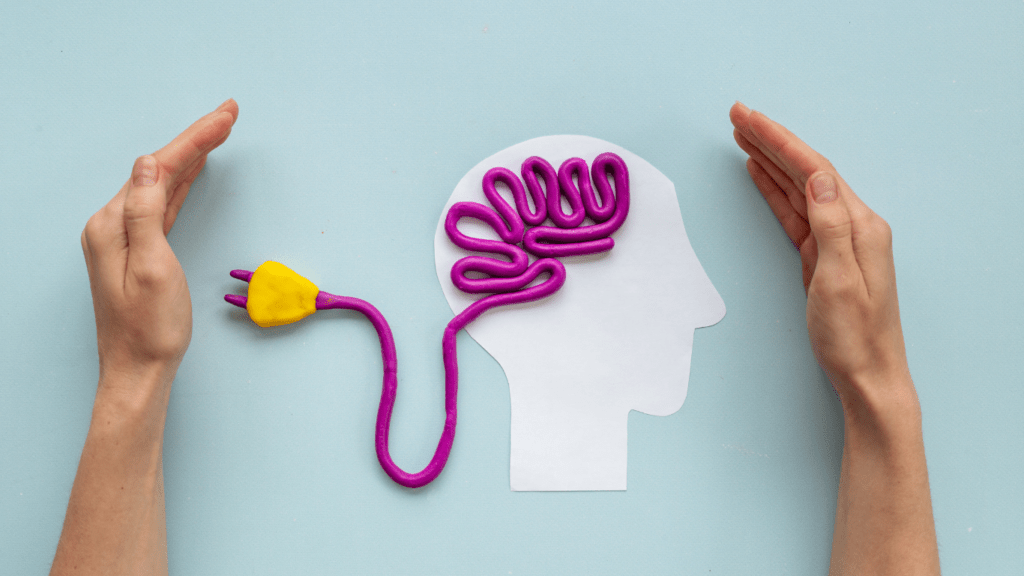Have you ever felt the rush of almost winning, only to fall short at the last moment? In this article, I’ll delve into the captivating world of near misses and their profound psychological effects. Near misses, whether in sports, games, or everyday life, have a unique allure that keeps us coming back for more.
Exploring the intricacies of how near misses influence our emotions and behaviors can provide valuable insights into the human psyche. From the thrill of almost achieving a goal to the frustration of narrowly avoiding success, these near hits play a significant role in shaping our perceptions and motivations. Join me as we uncover the fascinating dynamics of near misses and the lasting impact they have on our minds.
Exploring the Allure of Near Misses
Delving into the world of near misses reveals a fascinating phenomenon that captivates our minds and emotions. Near misses, whether encountered in sports, games, or daily activities, possess a unique appeal that intrigues individuals and keeps them engaged. Understanding how near misses impact our feelings and actions provides valuable insights into the complexities of the human psyche. From the exhilaration of almost reaching a goal to the disappointment of narrowly missing success, these near hits and close calls significantly influence our perceptions and drive, creating a lasting imprint on our psychological landscape.
Understanding the Psychological Impact
Near misses trigger powerful psychological responses that contribute to their allure and impact on human behavior. Exploring the cognitive dissonance theory and neurological responses sheds light on the profound effects these near hits can have on our minds.
- Cognitive Dissonance Theory
I’ll delve into the cognitive dissonance theory to explain how near misses generate conflicting thoughts and emotions within individuals, leading to a compelling need for resolution. This theory helps us understand why we are driven to pursue goals even after experiencing a near miss, highlighting the complex interplay between our beliefs and behaviors.
- Neurological Responses
I’ll explore the neurological responses associated with near misses, unveiling the brain’s intricate reactions to these events. By examining the neural pathways activated during near miss experiences, we can gain a deeper understanding of how our brains process these near hits and their lasting impact on our psychological well-being.
Effects on Decision-Making
Exploring the impact of near misses on decision-making reveals fascinating insights into how these events influence our choices. Near misses can create a sense of almost achieving a goal, leading to heightened motivation to try again. This heightened motivation can affect decision-making by influencing individuals to persist in their efforts despite the apparent failure. The allure of almost succeeding can drive individuals to take more risks in subsequent decisions, hoping to achieve the desired outcome.
Furthermore, the psychological impact of near misses on decision-making can also result in individuals adopting a more cautious approach. The fear of narrowly missing a goal can instill a sense of self-preservation, prompting individuals to make safer choices in future endeavors. This cautious behavior stems from the emotional impact of almost succeeding, creating a desire to avoid potential disappointment or failure.
The effects of near misses on decision-making are multifaceted, impacting individuals in different ways based on their psychological responses. Whether it leads to greater risk-taking or a more conservative approach, the allure of near misses can significantly shape how individuals navigate decision-making processes.
Implications for Behavior and Motivation
Exploring the implications of near misses on behavior and motivation reveals fascinating insights into how these events shape our decision-making processes. Near misses play a pivotal role in influencing our choices by creating a sense of almost achieving a goal. They can evoke a range of emotional responses that impact our subsequent actions.
When faced with a near miss, individuals often experience heightened motivation to try again. The near success can fuel a desire to persevere, leading to increased determination and persistence in pursuing the goal. This heightened motivation stems from the belief that success is within reach, driving individuals to make another attempt to achieve it.
On the flip side, near misses can also instill a sense of caution in individuals. The fear of narrowly missing a goal can trigger a more conservative approach to decision-making. This cautious mindset emerges from the realization that failure was narrowly averted, prompting individuals to adopt a more risk-averse strategy in subsequent actions.
The impact of near misses on decision-making is multifaceted, shaping how individuals approach challenges and opportunities. Whether it is through embracing higher levels of risk or adopting a more careful demeanor, near misses leave a lasting imprint on our behavior and motivations, sculpting the paths we choose to follow.




